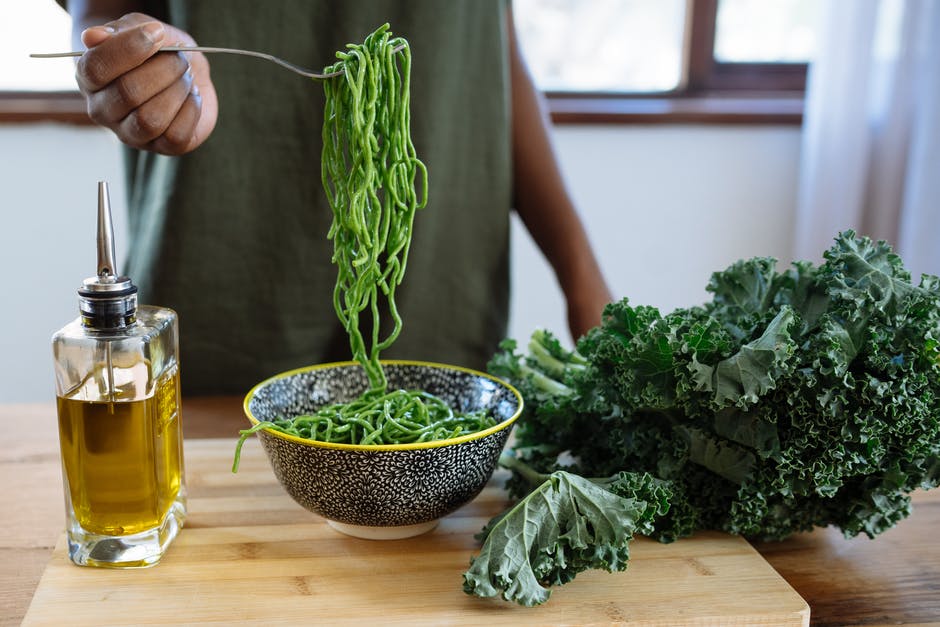Did you know that humankind began using oils for cooking around 250,000 years ago? Since the advent of oil made from animal fat, a myriad of other methods for producing it has emerged. Oil is extremely versatile and can elevate your food when used correctly.
What if you could add the perfect oil to your dishes to bring your cooking to the next level? Whether you are searching for new ways to use oils, or you are new to the ingredient, it is best to focus on two of the most common oils: olive oil vs canola oil.
Keep reading to learn more.
Consider What You Are Cooking
The type of oil you work with is usually dependent on the dish you are cooking. It is important to evaluate the method of cooking, such as stovetop or oven, the types of ingredients you will use, and other factors.
Olive Oil Is a Better Option for Raw Dishes
Olive oil has great variety, and it is a staple ingredient in many types of vinaigrettes and dressings. The best olive oil can make a wonderful substitute for marinades and dips, as these are often based in butter or oils that contain more fat.
One drawback to using olive oil on the stove or with high heat cooking is that it can often lose some of its flavor. Therefore, some of the best ways to incorporate olive oil are through dishes that are raw or involve only light cooking.
Canola Oil Is More Versatile for High Heat
Most often, you read about canola oil as one of the main ingredients in fried and baked goods. Unlike olive oil, canola oil is less suited for raw consumption but still has many uses. It shines through much more when used for stovetop cooking methods such as stir-frying and sautéing.
For deep frying food, remember that allowing the canola oil to reach a high enough temperature will produce more favorable results. In marinades, canola oil is a lighter and more liquid alternative to other marinade bases.
Weigh the Healthiness of Olive Oil vs Canola Oil
Olive oil boasts a wide variety of traits that can help you to better your body. Unlike most oils, it has not been shown to contribute to weight gain and also can help reduce inflammation. Olive oil also has monounsaturated fats, which point to lower cholesterol levels.
Canola oil also presents many positives in regards to your health, primarily in the types of fats that it contains. For instance, it contains high amounts of healthy saturated and unsaturated fats and is cited as optimal for keeping your heart in good condition.
Ultimately It Is up to You
It does not have to be challenging to decide between olive oil vs canola oil. Each has different advantages and disadvantages, depending on what you are making. You can also determine your choices on the health benefits present in both of these oils. No matter which one you choose, you can use them to make your food even tastier.
If you found this article informative, check out the rest of our site!







